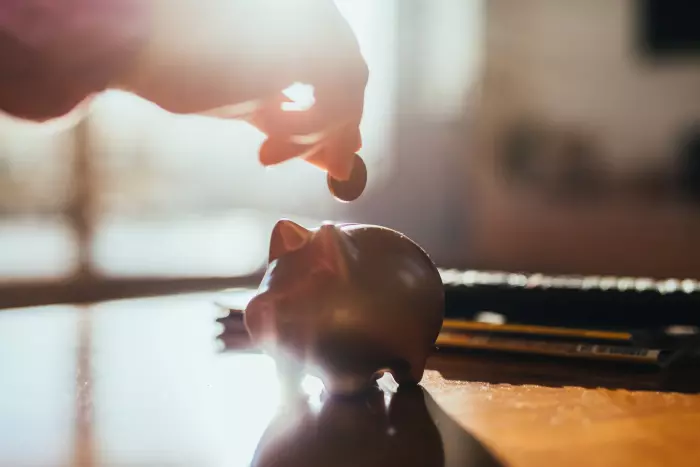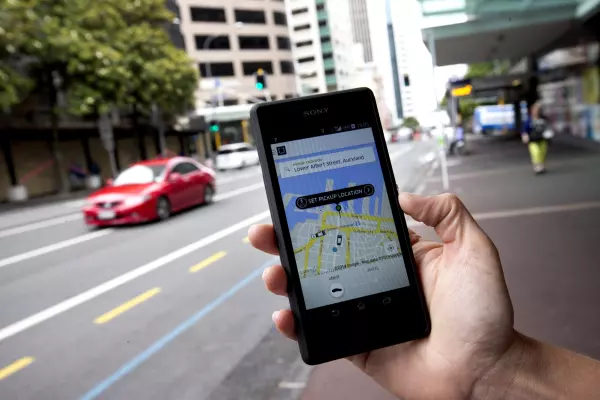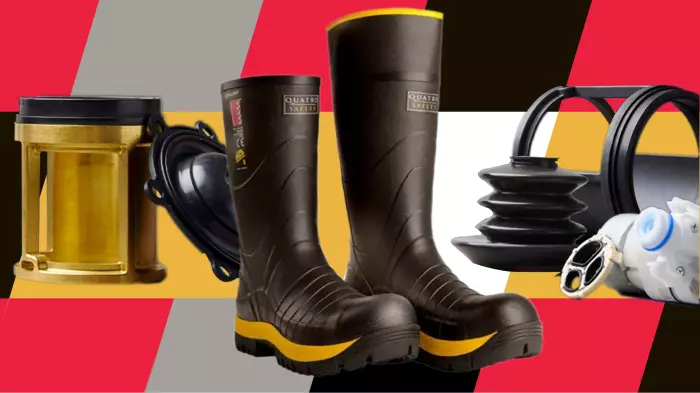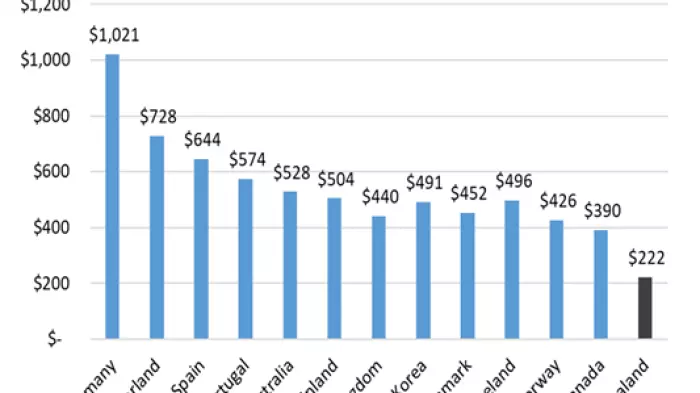BusinessDesk investments editor Frances Cook responds to emails from readers each week, answering questions about money. Below, you will find her expert advice. Send your questions to [email protected].
Hi Frances,
I hope you receive this message of thanks. I read your first book and loved it, now almost finished your second.
I’m sure you’ve had plenty of praise, but the way in which you articulate and demystify really speaks to me, and I feel empowered to take control of my finances after reading your books. So, thank you very much!
I am currently working casually, which, as you write, has its stresses and limitations. However, I am very close to getting a permanent role with a great salary and perks. Anyway!
I have a couple of questions and would massively appreciate a response:
- This may be rhetorical, but is it best to dedicate 100% of your spare $$$ solely to debt to get rid of it ASAP? It is tempting to want to see an emergency fund/savings rise up, but should my sole focus be on clearing all debts before anything else?
- Once I’ve cleared my debt and established an emergency fund, I want to switch focus to saving my house deposit. Does that also mean I should dedicate 100% of my savings to my KiwiSaver? I currently contribute 10% of my pay to my KiwiSaver and want to buy within five years.
Thanks,
B.
Hi B,
Thanks for the lovely words; I’m glad you enjoyed the books so much. Gaining the confidence to take charge of your money really is the best feeling, isn’t it?
Great questions, let’s dive into them …
Debt vs saving
You don’t mention what type of debt you have, so bear in mind this could change a little depending on the debt.
Generally, the higher the interest rate, the more you want to get rid of that debt. Something like a car loan or credit card can absolutely smash you with interest and fees.
Meanwhile, a mortgage is a longer-term loan with a lower interest rate. You still want to get rid of it as quickly as you can, but you can make other life goals happen while you’re doing that.
However, I do think that whatever type of debt you have, it’s worth having a small emergency savings fund – roughly $1,000 – while you pay off that debt.
Here’s why.
It gives you mental security. This means if something bad happens, you’re less likely to panic. A car repair is needed, and you have something ready to go into your savings account.
Panic can cause us to start acting out of instinct, which can be very bad for our money. Knee-jerk reactions often don’t end well.
Using debt as a safety net instead of an emergency savings account doesn't feel good. It feels like it’s tipping you out of control. And that triggers those panicky feelings that can lead to bad decisions elsewhere.
Having a savings account also helps you achieve another mental trick that’s kind of the opposite of the panicky debt feeling.
Something like a car repair comes up, and OK, you have to use your savings. But by not dipping into debt, you don’t feel like all your progress is pointless and give up entirely.
Many people make the mistake of only focusing on the numbers of money and forgetting the mental side of it. But it’s the mental game that often dictates whether you succeed or fail in the long term.
So when you say you're tempted to build up a savings account, that's actually music to my ears. What a healthy temptation. Let's give in to it.
The debt strategy
Here’s how I would tackle it.
Make all the minimum payments on your debt while funnelling extra money into an emergency savings fund to build up $1,000.
Once you’ve hit that $1,000 goal, don’t touch it. It’s for emergencies only. Putting it in an online-only, no-fee account can help with this. Putting it with another bank entirely so that you don’t see it when you log in to check regular accounts can also be helpful. Make it difficult to see and access.
After you’ve hit the $1,000 goal, go hard on paying down that debt. Pay it off as quickly as you can using the snowball or avalanche method.
The avalanche method means you make extra payments on the highest-interest debt and, technically, pay it off the fastest. With the snowball method, you put extra payments onto the smallest debt – this is great for motivation and feeling like you’re making progress.
Once those debts are gone, build up a proper savings account. Most people aim for roughly three months of their core costs.
Check your bank account to see how much you spend on food, rent, electricity, and all the non-negotiables in a week. Multiply it by 12. That’s the goal, the figure that saves you from most of life’s nasties.
Put it in a different account from your emergency savings. That $1,000 is like a fire extinguisher. You have it on hand, and hope you’ll never need to touch it. The full savings account is more like a safety net, and it’s there to save you from bigger problems.
After that, it’s the exciting moment of switching to save for a house deposit.
House deposit time
KiwiSaver is a fantastic way to save up for a home, so it’s great to hear you’re already making full use of it. You're doing really well, putting in 10%.
You’ll be getting the full employer match and government contribution, and those freebies really help boost that deposit.
In terms of how to best put it to work, if you’re hoping to buy in about five years, you’re in something of a grey zone.
If you’d said you were thinking 5–10 years, I might have suggested putting extra savings into shares outside of KiwiSaver.
The sharemarket is a great way to earn money in the long term. The problem is it can nosedive suddenly and with little warning, so if you’re thinking of buying in bang on five years, you probably don’t have quite enough time up your sleeve to guard against those totally normal market dips.
Term deposits, bonds, or a balanced KiwiSaver fund are a better option if you’re thinking around the five-year mark.
You’ll still make more than you would in a savings account, and every dollar counts when you’re trying to save for a house. But you won’t be exposed to the wilder swings of the share market.
If you’re happy with your KiwiSaver provider, you could talk to them about whether they have a balanced fund outside of the KiwiSaver system that you could use for any savings over 10%.
This would mean you still get the benefits of a wide range of investments looked after by professionals, but being outside the KiwiSaver system gives you a little more flexibility when you access it.
Talking to your KiwiSaver provider is also a good idea in general, as they can look at your individual situation and give advice that takes in the full picture. I’m only getting a little snapshot of your situation here, so could miss some things that have an impact.
Just take their advice with a pinch of salt. They’ll probably want to keep you investing with them, so are likely to only recommend products that they have available. Still, I think it's worth getting their help on a strategy for your house deposit money.
Remember, you pay your KiwiSaver provider a fee each year, and part of the deal is that they provide services to you.
This help is free to you, because you’ve basically pre-paid. So make full use of it!
Send questions to [email protected] if you want to be featured in the column. Emails should be about 200 words, and we won't publish your name. Unfortunately, Frances is not able to respond to every email received or offer individual financial advice.
Information in this column is general in nature and should not be taken as individual financial advice. Frances Cook and BusinessDesk are not responsible for any loss a reader may suffer.














